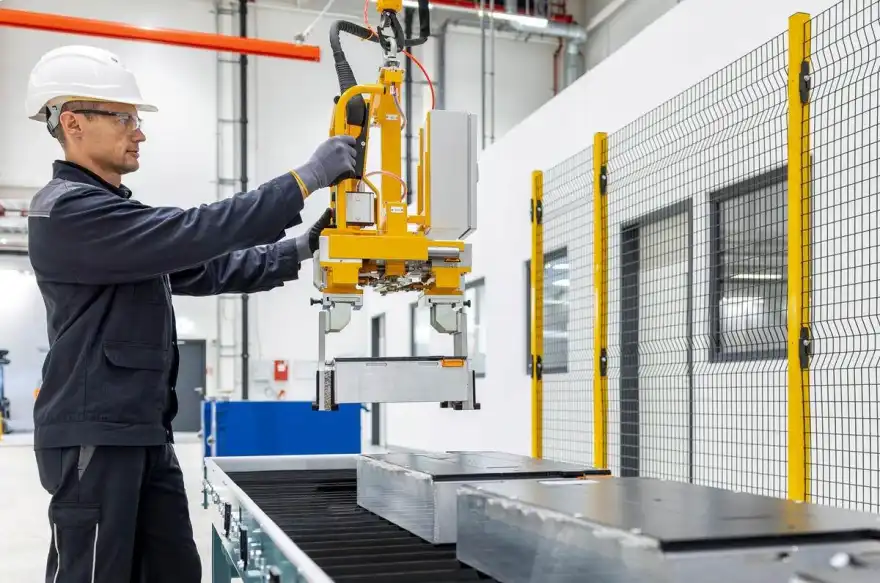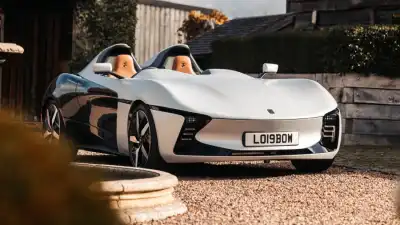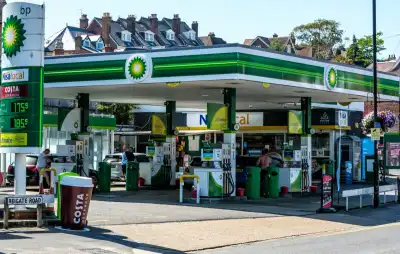
The UK is making steady progress towards becoming a major player in electric vehicle (EV) battery production, as work begins on its first integrated lithium-ion battery recycling and refining facility. This new centre, built by British company Altilium in Plymouth, will operate on an industrial scale, producing key materials used to make EV batteries.
The Plymouth plant is the third stage of Altilium’s four-part plan. The final stage will see a large-scale refinery open in Teesside by the end of 2027. This refinery will produce high-quality recycled cathode active material (CAM), which UK gigafactories will use to build new EV batteries.
For now, the Plymouth facility will produce recycled nickel mixed hydroxide precipitate (MHP) and lithium sulphate – both essential for making battery cathodes, not just for EVs but for several industries. Producing CAM requires complex and costly refining, but new EU rules are pushing the industry forward. From 2031, new EV batteries sold in the EU must include minimum amounts of recycled lithium, nickel, and cobalt, with even stricter targets from 2036.
Altilium has already made progress, having developed a process to extract and refine these metals to the necessary standard. Earlier this year, they produced the UK’s first EV battery cells using recycled CAM at the UK Battery Industrialisation Centre, meeting these future regulations.
Why domestic battery recycling matters
A recent government report on battery recycling highlights how important a secure supply of critical minerals like lithium and cobalt is for the UK’s economic growth and national security. Currently, the UK relies heavily on imports, particularly from China, to meet its needs.
Recycling end-of-life EV batteries could offer a solution. The government estimates that by 2040, recycled batteries could supply between 39% and 57% of the UK’s demand for lithium, cobalt, and nickel.
However, recycling at this scale is expensive. Altilium’s Dominic Schreiber explains the challenge: “We’re always looking to optimise our processes to make them cost-effective. We’re scaling up carefully, validating each stage to reduce risk. Until the Teesside plant is operational, the intermediate materials from Plymouth will help generate necessary revenue.”
Once Teesside is online, Altilium expects to supply major customers such as Nissan’s gigafactories in Sunderland and Tata-owned JLR’s facility in Somerset. Schreiber adds, “For car and battery makers wanting to lower their carbon footprint and meet EU regulations, sourcing material locally will make more sense than importing. The battery is the biggest contributor to an EV’s carbon footprint — using recycled CAM can cut emissions by up to 74%.”
The race to refine ‘black mass’
The recycling process starts with shredding old batteries and extracting a powder known as ‘black mass’, which contains valuable metals. Altilium works with third-party suppliers for this initial stage, refining the black mass into high-quality materials themselves. Most of this black mass comes from faulty or damaged batteries rather than batteries that have reached the end of their life. While there is limited data on how many end-of-life batteries are currently available, experts expect a significant increase after 2030.
Elsewhere in the UK, Recyclus Group has also made strides. Its lithium-ion battery recycling plant in Wolverhampton recently sent 111 tonnes of black mass to Glencore for refining. Recyclus handles all sizes of lithium-ion batteries, with EV batteries making up about 60% of its operations.
Since starting large-scale recycling in 2023, Recyclus has steadily increased output. This year, they expect to process 5,000 tonnes of batteries, with capacity for up to 22,000 tonnes. Co-founder Robin Brundle says the company has mastered black mass extraction and is now focused on refining the metals to a quality suitable for reuse in new EV batteries.
“The ultimate goal is to refine black mass to a level where it can be directly reused in EV batteries,” Brundle explains. “We’re developing a pilot plant with an automotive partner to do this at scale, keeping costs down by simplifying the process as much as possible.”
Brundle believes that in about five years, as more carmakers seek to reclaim and reuse materials from old batteries, Recyclus could offer on-site processing inside manufacturers’ own facilities. “We’ll be able to install our plants directly at their sites and handle the recycling for them,” he says.



